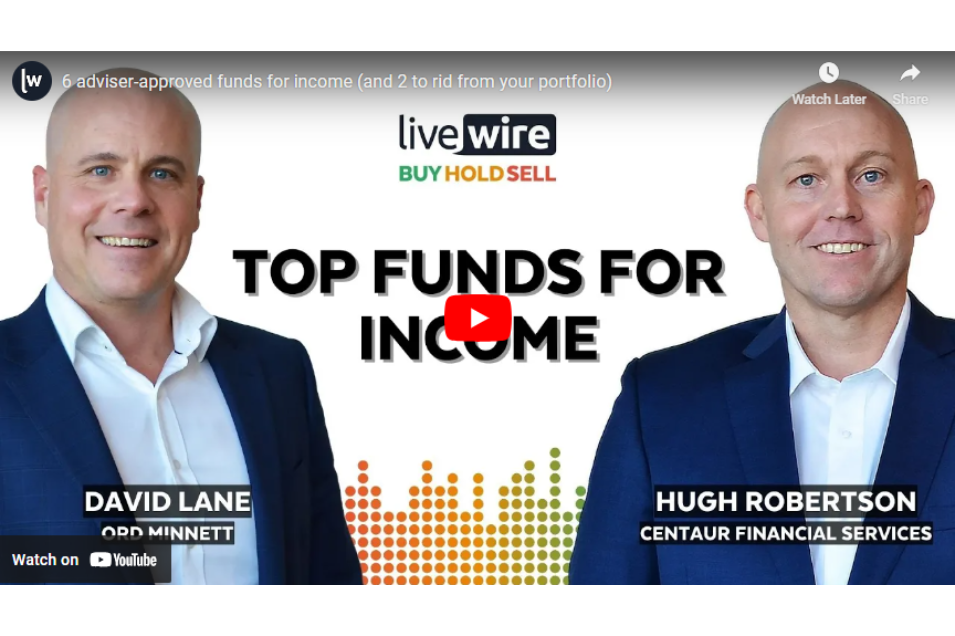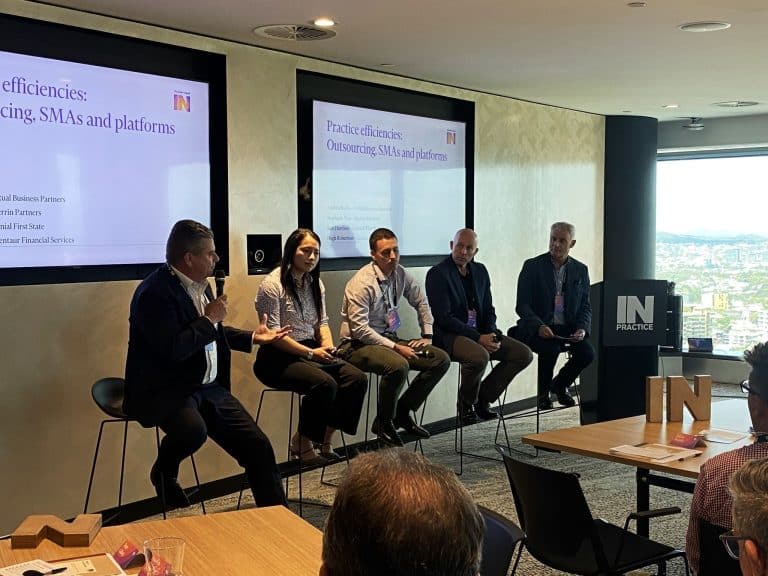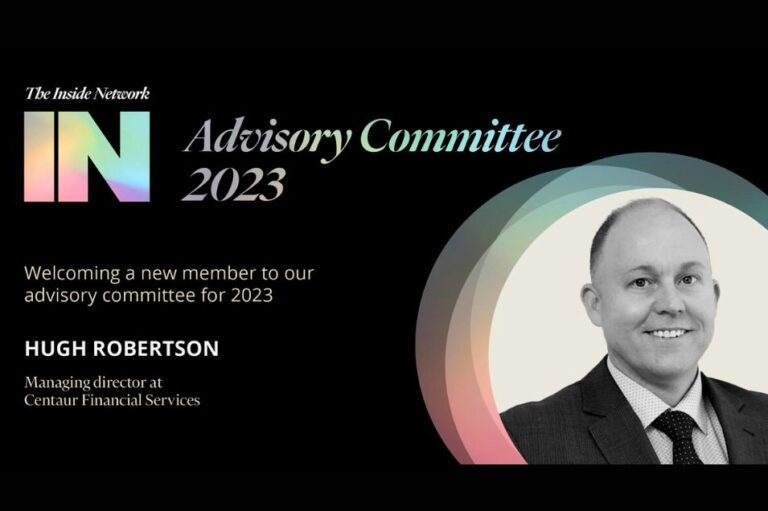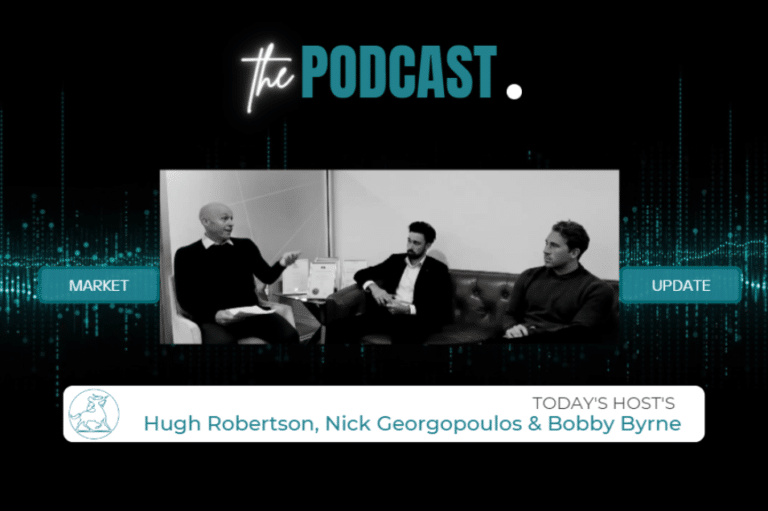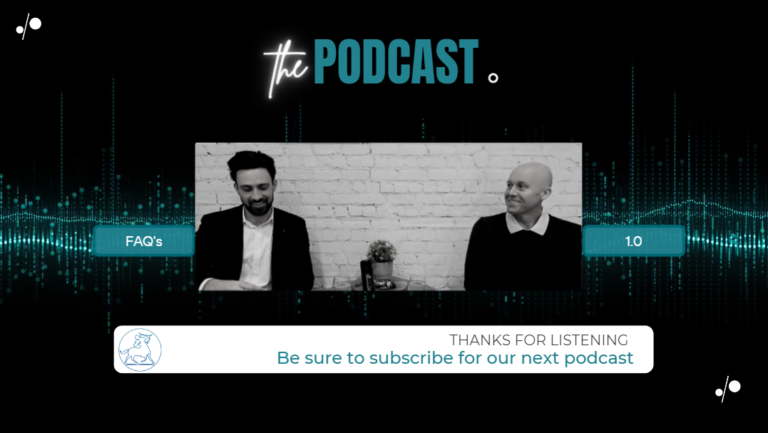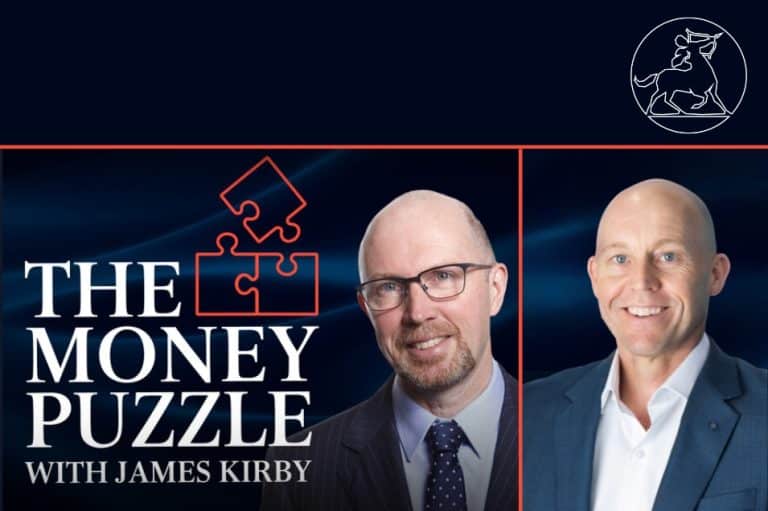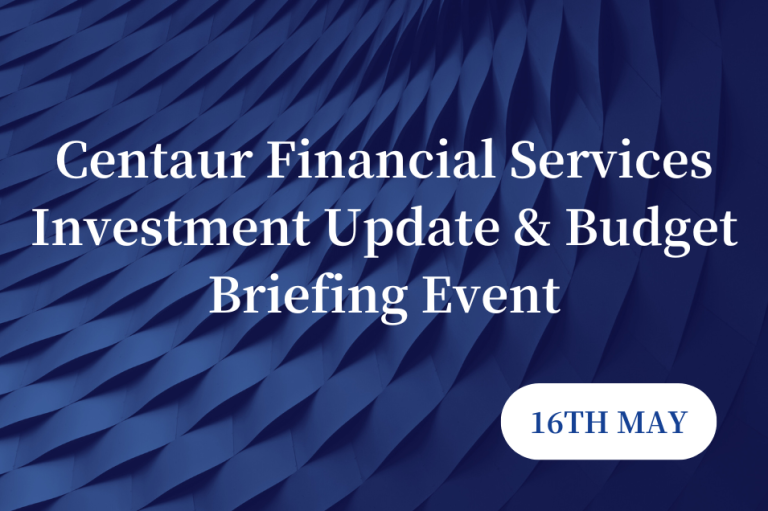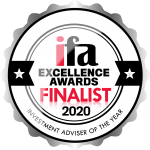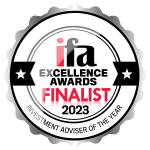Our very own Hugh Robertson joins Livewire’s Chris Conway in the second special Income Series edition of Buy Hold Sell.
In this episode, Livewire once again drew on the Investment strategy expertise of Hugh Robertson from Centaur Financial Services and David Lane from Ord Minnett.
In the release of this edition of Buy Hold Sell – Hugh and David share their views and tips on 6 diverse income-producing investment strategies, and two to avoid, as a part of Livewire’s 2023 Income Series.
Note: This episode was filmed on Wednesday 14th June 2023. You can watch, listen or read an edited transcript below.
Watch by clicking the below video:
Edited Transcript
Chris Conway: Hello and welcome to Livewire Markets’ Buy Hold Sell. My name is Chris Conway. Today I am joined by David Lane from Ord Minnett and Hugh Robertson from Centaur Financial Services for their top income products for today’s market. As well as that, for a little bit of spice, they’ll be sharing a product that they no longer believe holds a place in an income investor’s portfolio. Gents, thanks for joining me today.
Chris Conway: Hello and welcome to Livewire Markets’ Buy Hold Sell. My name is Chris Conway. Today I am joined by David Lane from Ord Minnett and Hugh Robertson from Centaur Financial Services for their top income products for today’s market. As well as that, for a little bit of spice, they’ll be sharing a product that they no longer believe holds a place in an income investor’s portfolio. Gents, thanks for joining me today.
One word to describe the current income market
First up, David, I’ll come to you, if you had to describe today’s income environment in one word, what would it be and why?
David Lane: Exciting.
Chris Conway: Why?
David Lane: Because we are actually getting some reasonable yields and getting a reasonable return for conservative investments now.
Chris Conway: And Hugh, what about you? One word and why?
Hugh Robertson: Surprising. The reason being, we didn’t expect to be here so fast, so soon. 12 rate rises in 13 meetings is pretty much unprecedented. So now we’ve got to really evaluate what’s out there in the marketplace so that we’re best positioned in the environment going forward.
Top low-cost ETFs for Income
Chris Conway: We asked the gents to bring along their top low-cost ETF, listed investment company or trust, and managed fund for today’s special. Hugh, starting with you, let’s talk about which low-cost ETF you believe is most attractive and why.
iShares Core Composite Bond ETF
Hugh Robertson: It’s probably not the most sexy one, but I’m going with the iShares Core Composite Bond ETF. You’ve got a yield to maturity of around 4.2%, and you’ve got an effective duration of around 5.22. I’m probably not allocating to it right now. I might wait till we see another rate rise, maybe not next meeting, but the meeting after, but I’m going to start to think about that because there’s a good yield that I’m going to be able to lock in, but I’m also going to get – once interest rates peak and start going down – some capital growth. With that 5.2 duration, if rates ultimately went down 1%, that would make my bond go up by 5.22%. So I think there’s a good diversification play there in both the income, happy to lock in the yield, and some capital growth in the next year or two.
Chris Conway: David, what about you? A low-cost ETF that you think is attractive?
Vanguard Australian Shares High Yield ETF
David Lane: I’d look at the Vanguard Australian High Yield Investors ETF. That’s geared towards equities that are paying higher dividends. So you end up with high-quality investments in it, a decent dividend yield, some franking credits that come through, and being Vanguard, it’s a very low cost. You have an easy ETF to put in a portfolio.
Top income-focused LIC/LIT
Chris Conway: David, we’ll stay with you. We’re talking income-focused LICs or LITs, what’s the one that you keep coming back to for your investors?
WAM Capital (ASX: WAM)
David Lane: Wilson Asset Management has a whole range of different listed funds, but WAM Capital, WAM is the code for it. It invests in a diversified portfolio. Its yield last year was north of 6%, so it has a very good dividend yield. And Geoff Wilson is very keen to make sure that we all keep our franking credits. They’re great managers. They’ve had a long history and done very, very well, so they’re good investors. It’s trading slightly below the NTA at the moment, so that would be one that I’d be putting in there.
Chris Conway: Hugh, what about you? LIC or LIT, what have you got for us?
Plato Income Maximiser (ASX: PL8)
Hugh Robertson: My LIC or LIT is Plato Income Maximizer, PL8. It’s a straight income play. You’re going to get a little bit of capital growth since inception, about 2%, but your income’s around 9.7%. So 0.8% cost, so it’s a relatively low cost. Distributions are paid monthly. So for my retiree client or someone that really wants that income, getting it paid frequently is great and they have a great process where they’re really trying to avoid the dividend trap, maximise franking credits and dividends. And they still have a value tilt, so it’s got a low tracking error, but it’s also been able to maintain value during a rough year last year. So I think for clients, WAM or PL8 really have a place in their portfolio right now.
Top managed funds for income
Chris Conway: Let’s shift gears to managed funds. Hugh, we’ll stay with you, which managed fund has really impressed you when it comes to income generation?
Talaria Global Equity Fund
Hugh Robertson: So when we were talking about this before the show, I had to call dibs on this one because this one’s my favourite.
David Lane: You beat me to it.
Hugh Robertson: You shouldn’t have a favourite, but this one’s my favourite, Talaria Global Equity Fund. It’s been an absolute firecracker over the last 12 months, with around a 15% return, and consistent income of around 9% over the past 10 years. And it gets its income source away from corporate profitability. So it gets it from option income. So if we have dividends being cut, similar to Plato (PL8), they can still generate a good income. During the Global Financial Crisis, it generated 18% income. So during a time when your value’s gone down and you don’t want to have to sell your portfolio, how nice to get the income. In 2020, they got 12% income. So for me, a no-brainer, top of the sock drawer.
Chris Conway: David, what about you? Which managed funds do you like for your portfolio?
Janus Henderson Tactical Income Fund
David Lane: I also like Talaria Global Income Fund, and that’s definitely one that gives you that income on an international portfolio, which it’s difficult to get income on. But on the more conservative part of the portfolio, I’d be looking at the Janus Henderson Tactical Income Fund, which can either be bought through a managed fund or through TACT on the exchange, as an active ETF.
Effectively what it does is provide management around your bond portfolio and they’re looking at credit as well as government bonds, and they manage that duration. So effectively what that does is it means that you’re not as exposed to interest rate movements as a longer-duration investment. Its income is about 4.5% at the moment, which is good for a conservative investment. And again, you can put your money in that and have an active manager managing that part of the portfolio for you.
2 products that are no longer in the mix
Chris Conway: Before I let the gents go today, I wanted to ask them a bit of a spicy question. As I mentioned at the top, what is a product that they would no longer recommend to their clients for income generation? David, I’ll stay with you. What’s one that’s dropped off the list?
Partners Group (ASX: PGG)
David Lane: One of the areas that we’re concerned about is private debt. There are a number of investments that go into private debt, but Partners Group private debt, PGG is the code for it. Just concerned in the current environment with the US potentially going into recession, the fact that many of the private assets haven’t been market to market and we think that we could be in for a fairly tough period as far as valuations are concerned. And some of the private debt, there are opaque investments in there. I’d be steering clear of those, or if you have it, get out of it. It’s actually had a bit of a run recently, so it’s a good time to move out of it.
Chris Conway: Hugh, what about you? What is a product that’s fallen off the list when it comes to income generation?
iShares Global High Yield ETF (ASX: IHHY)
Hugh Robertson: The iShares Global High Yield ETF, IHHY, is off my list. Great yield, it’s looking like a yield to maturity of about 7.5%, but I wouldn’t fall for the yield trap right now. So where there’s smoke, there’s fire. It concerns me to allocate money to that, even a small amount of capital and considering the available options that are far less risky that are going to give me a reasonably close level of yield, I’d go down those pathways instead.
Chris Conway: That’s all we have time for today. If you enjoy that episode of Buy Hold Sell as much as I did, make sure to give it a like and don’t forget to follow our YouTube channel because we’re adding great new content every single week.



